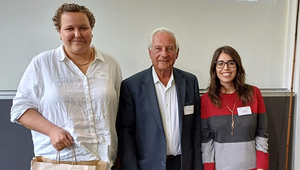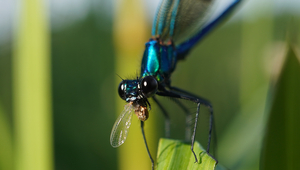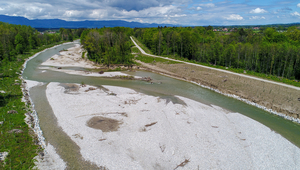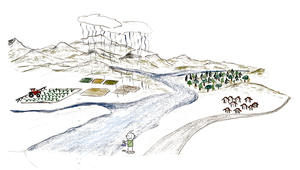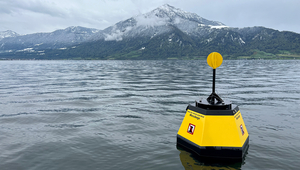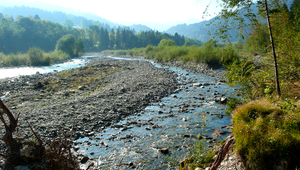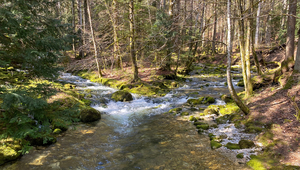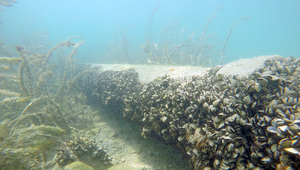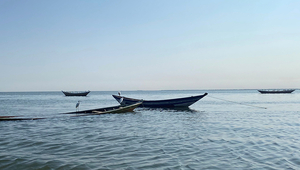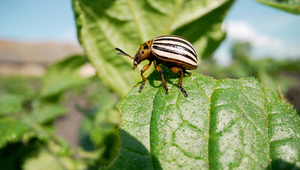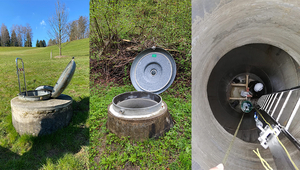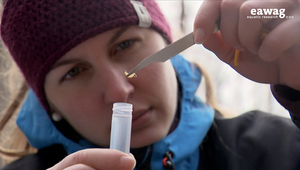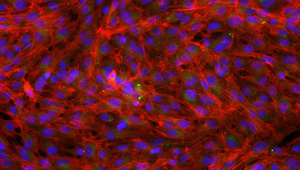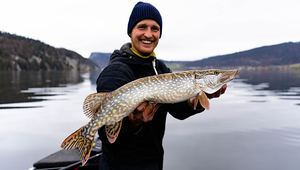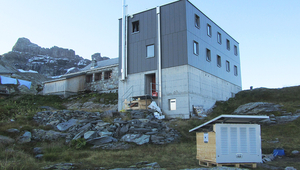News - Current Eawag contributions to the Sustainable Development Goals (SDGs)
November 14, 2024
June 5, 2024
May 7, 2024
April 22, 2024
March 21, 2024
November 16, 2023
October 4, 2023
August 24, 2023
June 7, 2023
May 3, 2023
March 28, 2023
March 2, 2023
February 2, 2023
January 27, 2023
January 17, 2023
December 15, 2022
October 7, 2022
September 23, 2022
September 22, 2022
July 18, 2022
June 28, 2022
June 27, 2022
June 23, 2022
June 22, 2022
June 14, 2022
May 13, 2022
April 11, 2022
March 29, 2022
February 10, 2022
February 1, 2022
January 28, 2022
December 8, 2021
November 19, 2021
November 18, 2021
November 17, 2021
November 17, 2021
November 2, 2021
October 29, 2021
October 26, 2021
October 12, 2021
September 23, 2021
August 5, 2021
July 8, 2021
June 24, 2021
June 18, 2021
June 17, 2021
June 9, 2021
June 2, 2021
March 30, 2021
February 9, 2021
January 29, 2021

